CO2 Fractional Laser
“A wonderful doctor on all levels.”
Types of Treatment
ablative
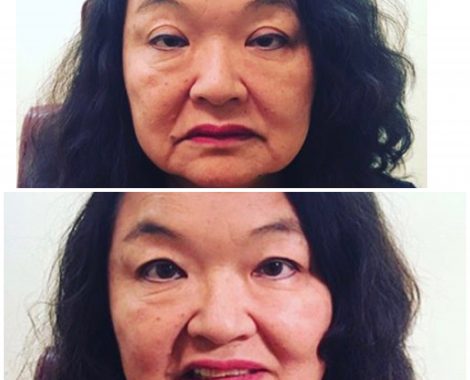
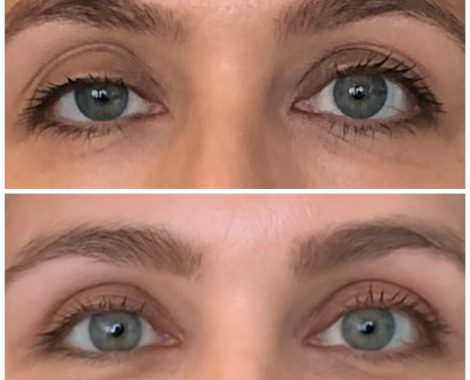
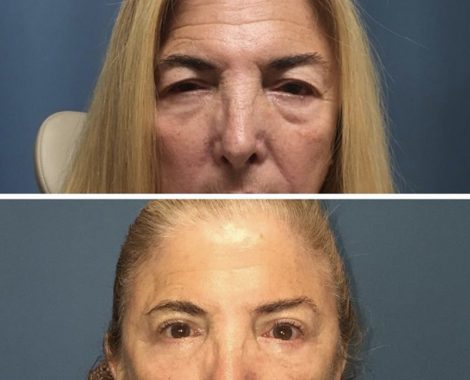
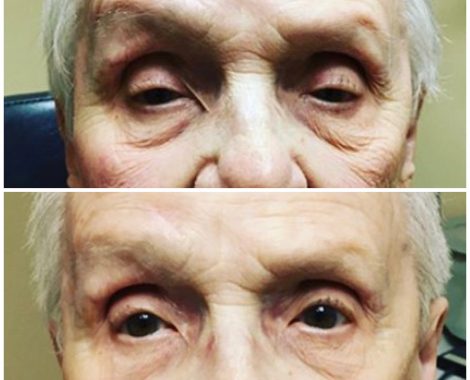
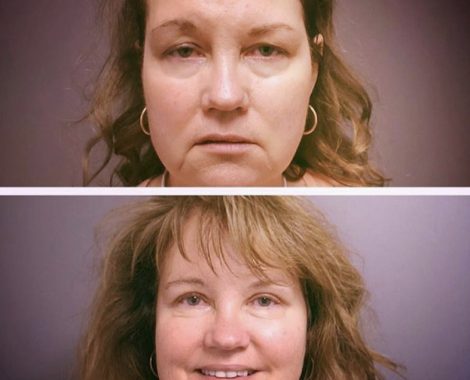
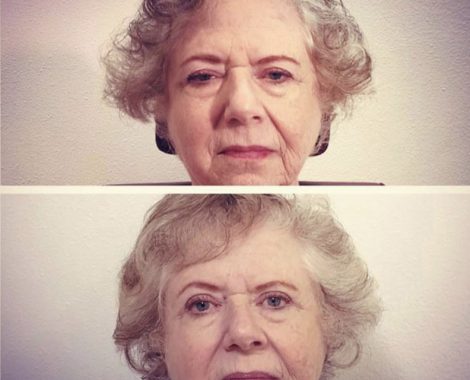
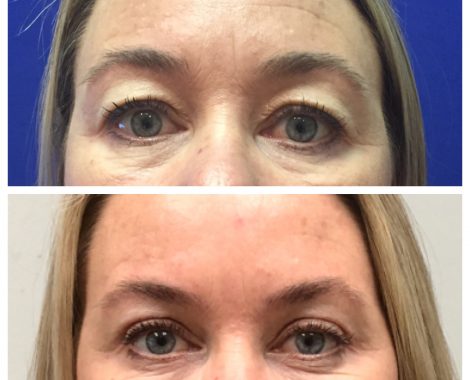
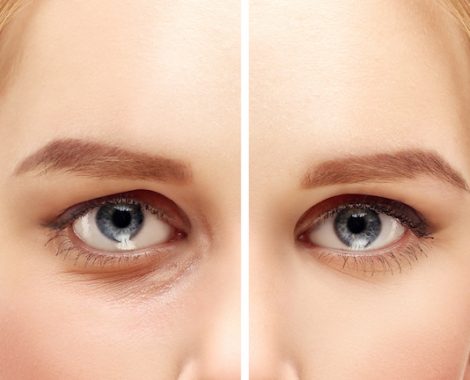
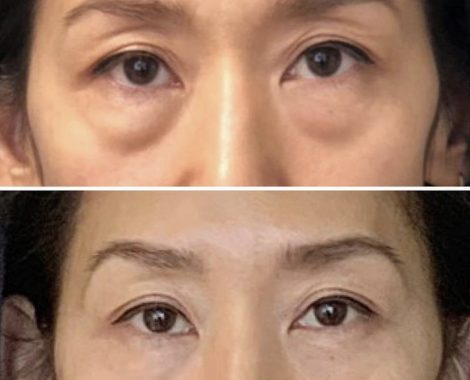
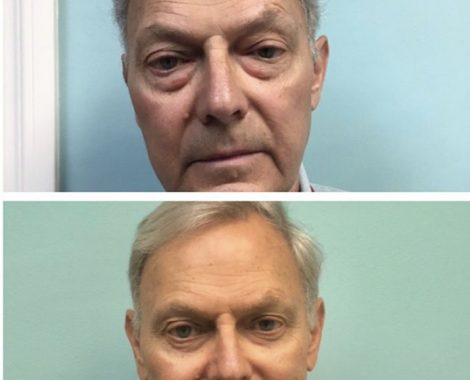
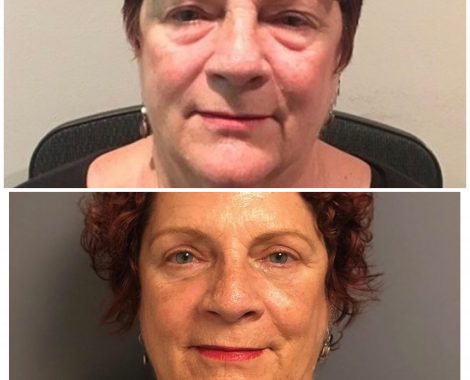

non-ablative
“Follow-Up On Results Is Impeccable”
Frequently Asked Questions:
CO2 Fractional Laser FAQ
Most frequent questions about the CO2 Fractional Laser answered by Dr. Roya.
A blepharoplasty, or an upper eyelid lift as it is more commonly known, is a surgical procedure that makes the eyes look more refreshed, awake, and youthful. A blepharoplasty can address excess upper eyelid skin also known as dermatochalasis in addition to puffiness in the corners of the upper eyelids. The surgery entails removing excess skin and/or fat to give our patients the best natural aesthetic outcome.
Dr. Roya offers both virtual and in-office consultations that will determine if you are a candidate for surgery. She performs a thorough examination of your eyes and face, and reviews which procedures will best address your concerns.
If you have recently had any ophthalmic surgery including refractive surgery or cataract surgery, she may recommend that you wait 3-6 months before having a blepharoplasty. If you have dry eyes, Dr. Roya will work with you to optimize the moisturization of your eyes prior to surgery. Prior to surgery, Dr. Roya will make sure that your eyes and eyelids are in the best condition prior to undertaking any procedure.
An upper eyelid blepharoplasty is a short, outpatient procedure that is relatively painless. The upper eyelid blepharoplasty can be performed comfortably in the office or under light sedation administered by a board-certified anesthesiologist in a certified surgery center.
The incision is made and hidden along the skin crease so there is no scar once you have fully healed. When the procedure is over, we have you ice your eyelids and rest in the office until you are ready to head home.
After surgery, you will stay in our office to rest and will be able to go home the same day, once you are feeling well. You may wear sunglasses outdoors to camouflage your initial bruising and swelling.
Initially, you may go about your normal daily activities, such as shopping, walking, and returning to work 1-2 days after surgery. However, we recommend avoiding strenuous activity for 1 week.
The swelling and bruising typically are the worst at 2-3 days, and do not go away for at least 10-14 days. Many patients wear sunglasses for the first few days after surgery and patients can use makeup to cover up any bruising if needed. Once your eyelids have had time to heal, you will see a more refreshed and youthful appearance around your eyes that will make you look younger and more rested.
If you have been considering having a blepharoplasty or eye lift surgery, please call my office at (310) 990-0905 or email us at roya@royamd.com, and our staff
Lower Eyelid Blepharoplasty FAQ
Most frequent questions about the upper eyelid surgery answered by Dr. Roya.
Most patients that are good candidates for blepharoplasty come to see Dr. Roya because of tired and puffy looking eyelids. Many patients complain that they have puffiness or bags underneath their eyes.
It is because we have fatty tissue in the space behind the eye that likely evolved in humans to help cushion the eye during minor impacts. As we age, the tissue barrier that keeps the fat behind the eye weakens, allowing fat to come forward into the lower eyelid. This is what produces an aesthetically un-pleasing fullness to the lower eyelids, which manifests in the form of under eye bags. Lower eyelid blepharoplasty involves making a small incision under the eyelashes or on the inside of the eyelid to remove the excess fat. If performed through an external incision, lower eyelid blepharoplasty can also involve the removal of excess skin, which can reduce lower eyelid wrinkles. However, we more commonly make the hidden incision from behind the eyelid and subsequently use laser, microneedling or peels to improve the texture of the skin and reduce wrinkles.
After surgery, you will stay in the recovery room to rest and will be able to go home the same day, once you are feeling well. You may wear sunglasses outdoors to camouflage your initial bruising and swelling.
Initially, you may go about your normal daily activities, such as shopping, walking, and returning to work 1-2 days after surgery. However, we recommend avoiding strenuous activity for 1 week. The swelling and bruising typically are the worst at 2-3 days, and does not go away for about 10-14 days. Many patients wear sunglasses for the first few days after surgery and patients can use makeup to cover up any bruising if needed. Once your eyelids have had time to heal, you will see a more refreshed and youthful appearance around your eyes that will make you look more rested.
If you have been considering having a blepharoplasty or eye lift surgery, please call my office at (310) 990-0905 or email us at roya@royamd.com, and our staff
